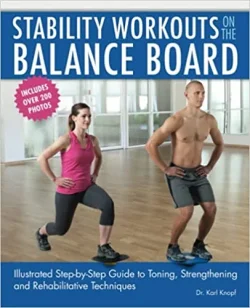MetalBoar
Black Belt
Yes! I've often said that I'm not sure that my Aikido training has ever helped me with self defense but it ingrained the reflex to fall safely and that's prevented real injury more than once!Learn Judo, you learn how to fall, it's very automatic after a while. I learn Judo in the early 60s, in late 90s, one time I was unloading on the truck, I bumped onto something and lost my balance and started falling off the truck. I grabbed a rope, but as I fell, I slammed on the side of the truck and I let go and fell onto the ground. That was quite a few feet high onto the concrete parking lot. Somehow, my Judo "breakfall" kicked in, I landed on my back, I slapped the ground with my hands, I tucked my chin in so my head tipped forward. I landed on the ground on my back, I fell my head snapped back and my hair touched the ground. But I managed to prevent my head from hitting the solid concrete. Actually the only injury I sustained was my bruced ribs when I swing and hit the side of the truck. The company sent me to the hospital and I was released. I couldn't laugh or do anything heavy for like a week because of the bruced rib, but I was fine.
That's why I mentioned in post #7 I started practicing falling about 10 to 12 years ago and do it once a week to remind me how to fall backward and shake my organs to make them get used to it. I still do neck exercise 3 times a week to keep my neck strong.
This really help to fall on flat ground, but nothing can help if you head hit the curb. Falling forward is a lot easier to brace. I am sure in Football and other sports have the same practice how to fall also. Look into it, you don't have to take Judo like me.
I also really agree that a strong neck helps and not just with falling. I've driven several hundred thousand miles without an accident and then in the last 5 years or so I've been rear ended multiple times by people texting while driving. The first couple really messed me up and I started focusing on neck strength as part of my workout routine to help my recovery. Now my neck is much stronger and the last couple of times I've been hit I've had far fewer problems even though one of those accidents was at higher speeds.
Last edited:

